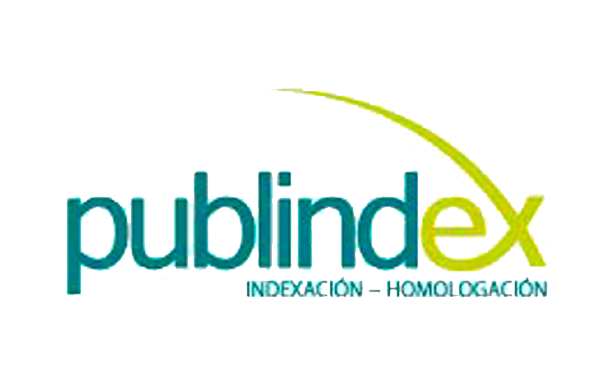Impact of the EFQM Model on the Academic Performance of Schools in Colombia
DOI:
https://doi.org/10.18634/sophiaj.19v.2i.1217Keywords:
quality accreditation, high schools, model EFQM, predictive evaluationAbstract
This research work investigates the incidence of quality accreditation under the EFQM model (European Foundation for Quality Management) on the results of the Saber 11 tests. Studies related to the incidence of quality standards on the management and academic performance of educational institutions are analyzed. The data used correspond to the results of the state tests of a population of 10,696 accredited and non-accredited schools in Colombia, whose students took the Saber tests during 2016, 2017 and 2018. Then, through statistical tests, the differences in the results for each knowledge competency evaluated are contrasted, followed by the implementation of a logistic regression model to validate the classification forecast of a school with EFQM certification using academic variables. The results show that schools accredited under the EFQM model show consistently better results in all the competencies evaluated, in addition the logistic regression model presented a predictive capacity of an accredited school of 76.27 %. The generic component of English is the most important in the tests according to the results obtained, the quality of education of the evaluated institutions, of secondary and high school education, is highly reflected in the performance of the institution in this component.Downloads
Published
2023-09-15
Issue
Section
Artículos de investigación
License
Creative Commosn Licence 4.0
How to Cite
Impact of the EFQM Model on the Academic Performance of Schools in Colombia. (2023). Sophia, 19(2). https://doi.org/10.18634/sophiaj.19v.2i.1217








